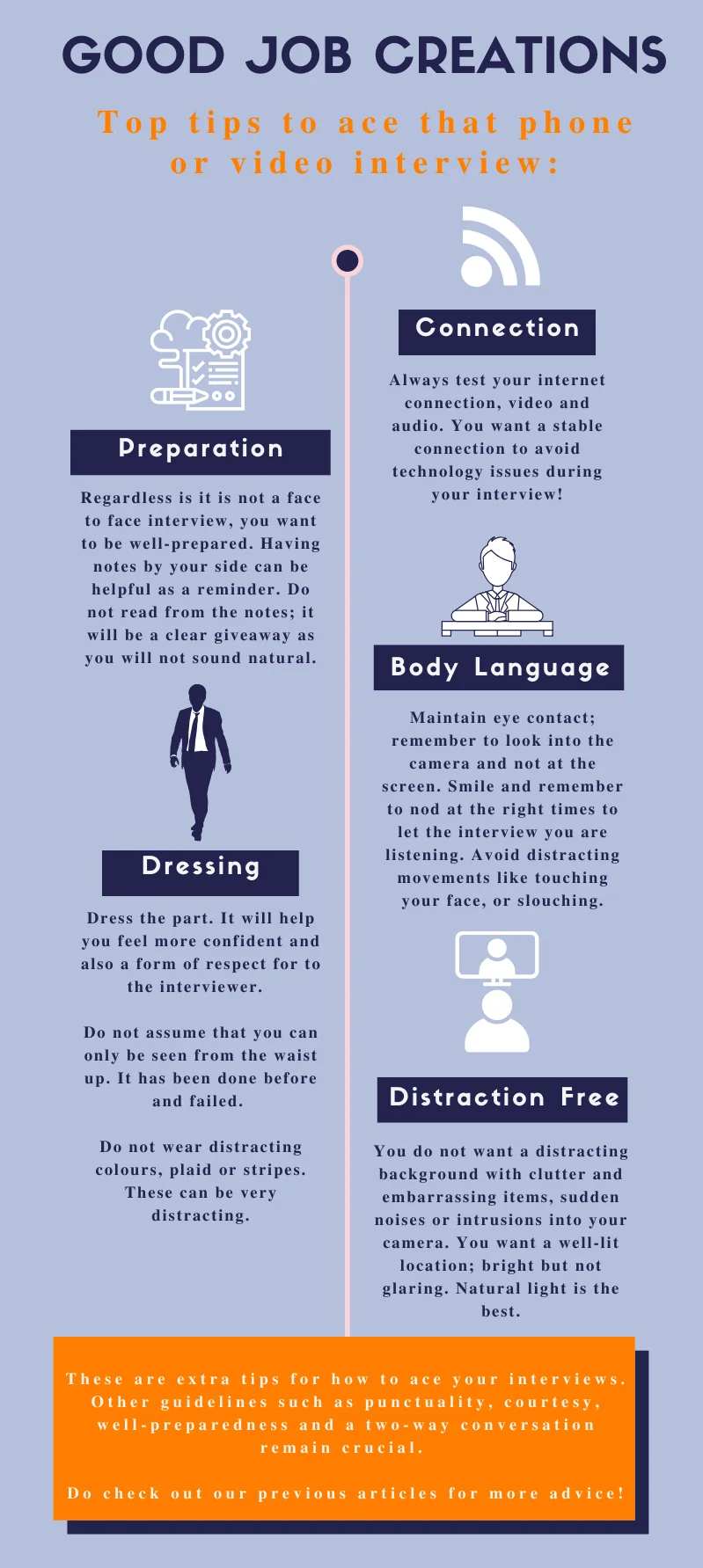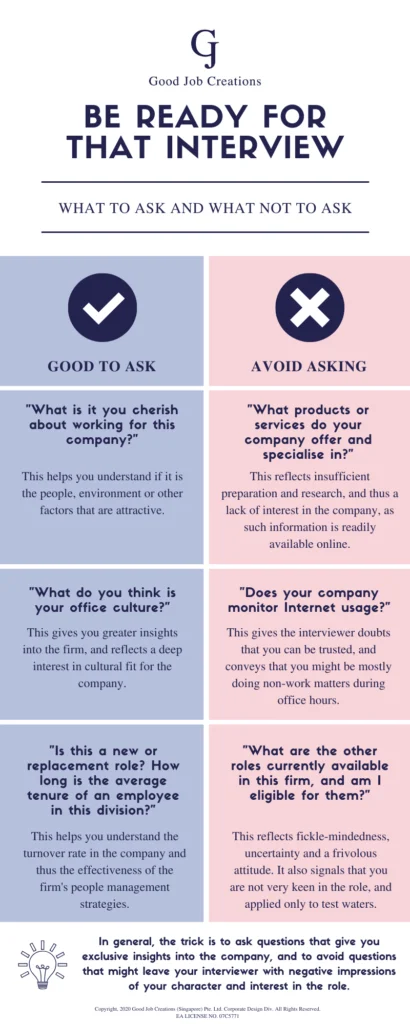Interview Critical Thinking In The Workplace – Training Course
gjc
on
September 7, 2020
Good Job Creations (GJC) sent some senior members to a Critical Thinking course, held virtually over two weeks.
I reached out to the managers who had handpicked their members to attend the training, their reasons and future considerations. The members who had the opportunity to participate in the course also shared their thoughts, expectations and takeaway points.
Tell me more about the course, your thoughts on it, and how members from your team were selected to attend. Will there be more of such training & courses for GJC members in the future?
Gabriel (General Manager): I selected my members based on their leadership or coaching role in GJC, and it was satisfying to see everyone actively participating during the course. It is crucial to applying what they have learnt to their daily work. There will be other training courses in the future for our members as we encourage the upgrading of skills and knowledge.
Joshua (Manager): I believe that the senior members I’ve sent for the training have the apparent potential for fast growth and contribution to the team. We want our future leaders to be able to create a great structure and culture for the team; to further enhance their capabilities to think critically, communicate effectively, and resolve problems. GJC will continue to send our members for such courses to broaden their knowledge scope, to nurture and give their continuous learning opportunities.
How well did the content that was delivered match what you were promised when you registered? How much new information did you receive in the training course?
Tan Ying: The content was pretty much what I expected before attending the course, as we were provided reading materials and some pre-course assignments to work on beforehand. However, there were some additional content and smaller case studies/ questions and trivia that served to reinforce the trainer’s teaching points, which I felt were delivered quite effectively. Also, as there was a lot of group work and additional input from different participants, I managed to grasp a lot of new information from various perspectives.
Kane: The content was what I would expect from a critical thinking course – breaking down issues and tackling problems in real-life situations. The methodology and concepts shared were new to me, and it was overall, an interesting course that made me think more in-depth when tackling work.
Bowie: Content was new to me, and it enabled me to have a new way of thinking. The concepts taught got me to break down things in a simpler yet more efficient manner, and this will allow me to tackle future problems effectively.
Were the topics covered relevant to you? How actionable was the information you received in training?
Junhao: The topics covered during the training were definitely relevant. Something that stuck with me most about persuasive communication was, “Say what your audience wants to hear; say what we should say and not what we want to say”.
Vivien: Yes, it is relevant, and I have already used the concepts and
approaches for my work – processes are smoother, work is more efficient and effective.
Elaine: Yes, the topics covered are applicable for me as they help me to structure my thoughts and understand my audience and what they want to hear. It reminded me that effective communication should have a good structure and supporting evidence.
What do you think was the most important and helpful information you took away from the course? How has the course helped you so far in your job, and what is another course that you are keen to attend?
Shiori: One of my takeaway points is that before starting any discussion, it is imperative to define the issue and stick with it and to organise one’s thoughts.
Lynette: Identifying the correct problem and not stray when trying to solve it. I am keen in negotiation and persuasion courses.
Sherri: Making use of the logic tree in problem-solving and breaking down with MECE to identify more critical/essential elements. I would wish to attend courses on negotiation skills in future.
What did you expect from the course before going in, and what are your thoughts post-course?
Leonard: It was very much more interactive and informative that we expected, and our very approachable trainer made the course fun and interesting. I gained new knowledge from this training course and am appreciative of the chance to attend it.
Kenta: I was expecting more of lectures, but going in, I realised that it was a constant exchange of knowledge and experiences, discussions and exercises that help to deepen my understanding and application of critical thinking which are useful for executing my tasks at GJC. The training has enhanced my skill set, and I value all the knowledge I took away from the course.

What impact do you see this course has not only on the attendees but also on GJC?
Mike: I believe after attending the course, subconsciously, we become mindful about logical thinking and critical thinking. Thus, leading to our conversations or way of thinking more precise and exact. I believe if the attendees can keep practising it inside the office, then definitely the juniors or team members will follow their seniors or leaders as well which is a tremendous impact to the whole GJC in the end.
Yoke Hui: Attendees who possess the skill of critical thinking will have a positive influence on the surrounding people such that it can improve the overall effectiveness of the communication. Therefore, I believe that through this course, conversations can be carried out more effectively in GJC.
Written by Rose
Interviewed Members: Gabriel, Joshua, Tan Ying, Elaine, Lynette, Yoke Hui, Sherri, Kenta, Shiori, Mike, Jun Hao, Kane, Vivien, Bowie, Leonard
About Good Job Creations
Established in 2006, Good Job Creations has grown from its humble beginnings with a team of 3 members to its current standing as part of a growing organisation with global outreach in Singapore, Japan, Myanmar, Malaysia, and Australia.
The team of earnest individuals with different strengths and expertise brought together by a shared belief – “Your Possibility, Our Passion”. With dynamic teamwork, positive attitude and personalised support, Good Job Creations can assist in the growth of both businesses and individuals.
Contact
Rose, Business Support & Marketing Executive
(65) 6258 8051
















